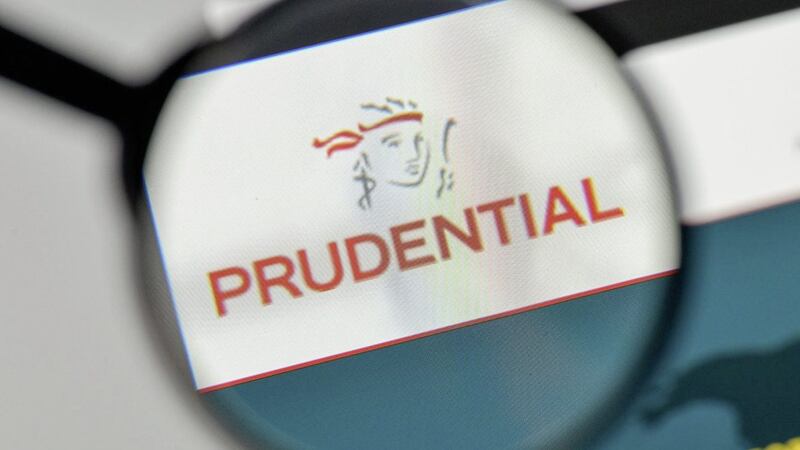Would you like to increase your future retirement income by over a third? Today we show you how.
But first of all, just to set the scene, here’s a salutary tale of misery, heartbreak and red tears . . .
Two of the largest UK insurers have in recent months been handed out massive fines for selling pension annuities to customers who did not have the right advice. An annuity, of course, is the policy you can buy that converts your pension savings into a monthly income, guaranteed for life.
In the latest case against Prudential, the company’s sales force were pushing its own annuity products to its pension customers, while failing to make it clear that they were also free to ‘shop around’ for better deals from other companies – which is their legal right and known as their ‘open market option’ or OMO.
The Financial Conduct Authority (FCA) said that the company had offered sales incentives, such as 40 per cent wage bonuses or foreign holidays, to staff who achieved the highest sales.
This had in turn influenced the staff towards clinching the sale themselves, selling their own annuity, rather than losing the sale as the customer tootled off to shop around.
As a result, the company was hit with a £23.9 million fine, and sales of 180,000 annuities are now being reviewed for possible compensation – in plain terms, it’s a whole handlin’.
These are the risks you run when any ‘advice’ you take is not truly independent.
Now, there hasn’t been so much interest in annuities in recent years, since in 2015 we became free to access, or ‘draw down’, slices of our pension savings.
Pension drawdown products allow consumers to re-invest parts of their retirement pot in funds or other assets, enabling them to take a regular income from the return their capital is producing, or even withdraw a lump sum.
However, the FCA, which regulates these things when it’s not slapping the wrists of naughty pension companies, said that savers going into drawdown are facing a myriad of charges, many hard to see or hidden completely, that can seriously deplete their eventual pension income. In fact, there are up to 44 different charges you can face, once you decide to draw down funds.
“Drawdown charges can be complex, opaque and hard to compare,” said the FCA in last summer’s Retirement Outcomes Review. “Consumers are now required to make more complicated decisions than ever before. Many people need more support when making choices.”
To address the charges issue, the FCA suggested that companies set out three different drawdown scenarios, and for each one provide clear pounds-and-pence indications of what the charges would be.
Again, it’s a matter of gaining an independent perspective so that you are able to shop around, using like-for-like information that makes it easy to compare providers.
To give just one example of the dangers of making these choices without advice, the FCA found that one-third of non-advised drawdown customers left their savings in cash, and that some providers were placing drawdown customers by default into cash or cash-like assets. This meant that these consumers were unable to share in the recent good returns from stocks and shares, as equities markets around the world have been performing well.
These customers literally didn’t know what they were missing. The FCA has also given us another good perspective on the consequences of acting without advice, when organising drawdown.
They said that in 2017, of people who opted for a full withdrawal of their pension funds, less than a third (32 per cent) took advice.
As a result, of those who acted without advice nearly all (94 per cent) accepted the first drawdown product they were offered, usually by their own pension provider. There’s that old warning again: nobody told them it would have paid to shop around.
Among advised consumers, on the other hand, only 35 per cent took the first option, the rest found that their independent adviser got them a far better deal elsewhere.
And if that’s not enough to convince you, then here’s the killer conclusion - the most forceful argument of all for working with your independent adviser when organising drawdown.
The FCA said that a third of consumers who make pension decisions without the guidance of an adviser end up with unsuitable investments, or with a pension income that could have been up to 37 per cent higher - if they had just taken advice.
As we mentioned at the start, you could increase your retirement income by over a third. And with that, ladies and gentlemen, we rest our case . . .
:: Michael Kennedy and Shaun Doherty are independent financial advisers and pensions specialists, and can be contacted on 02871886005. Further information on Facebook at Kennedy Independent Financial Advice Ltd or at www.mkennedyfinancial.com







